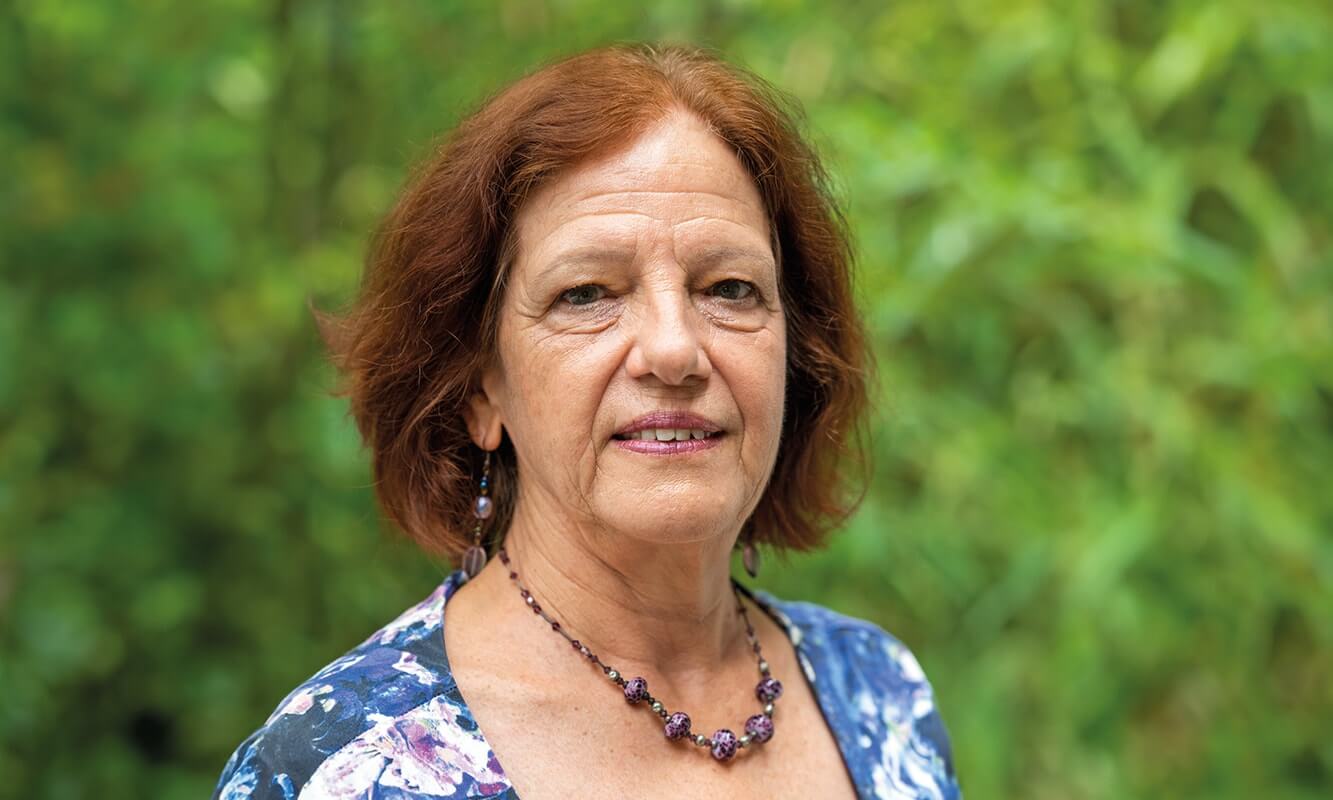In the High Court decision of Charisteas v Charisteas [2021] HCA 29 (6 October 2021) the High Court was required to determine two distinct issues.
First, whether an apprehension of bias arose because the trial judge, while seised of the matter, had socialised with the barrister acting for the wife. Second, whether the court’s power under s79 of the Family Law Act 1975 (Cth) (Act) to make orders in respect of the parties’ property had been spent at an earlier hearing.
The matter concerned a long-running property dispute between husband and wife. In 2011 Crisford J of the Family Court of Western Australia made property settlement orders under the Act (2011 Property Orders). Part of the 2011 Property Orders provided for the early vesting of a trust (Early Vesting Orders).
One of the beneficiaries of the trust was the husband’s mother. The Full Court of the Family Court of Australia set aside the Early Vesting Orders because the husband’s mother had not been provided with procedural fairness.
In 2015 Walters J of the Family Court of Western Australia (trial judge) held that the 2011 Property Orders were not final orders and that the court retained power to make property settlement orders under s79 of the Act.
In March 2016 the trial judge presided over a trial to finally determine the property settlement orders. On 12 February 2018, the trial judge delivered judgment and purported to make orders under s79 of the Act (2018 Property Orders).
In March 2018 the husband appealed to the Full Court of the Family Court of Australia. In May 2018, in response to “gossip”, the husband’s solicitor wrote to the wife’s barrister seeking written reassurance that during the time the trial judge was seised of the matter, she had no contact with the trial judge outside of court or, otherwise, an outline of the circumstances of her dealings with the trial judge.
The wife’s barrister responded that she had met with the trial judge for coffee or a drink and spoken to him on the telephone on several occasions and had exchanged numerous text messages with him. The barrister explained that there had been no contact during the evidence stage of the trial and that, on none of these occasions, had they discussed the matter.
On appeal, the Full Court of the Family Court of Australia was required to determine two issues: whether there was any apprehension of bias and whether the court could make an order pursuant to s79 of the Act (or whether this power had been exhausted with the making of the 2011 Property Orders).
The Full Court dismissed the husband’s appeal (Strickland and Ryan JJ, Alstergren CJ dissenting). Strickland and Ryan JJ considered that the trial judge’s failure to abstain from, or disclose, his communications with the wife’s barrister would not be regarded by a hypothetical observer to be sinister.
Their Honours also rejected the husband’s appeal against the 2018 Property Orders. But Alstergren CJ would have allowed the appeal on the ground of apprehended bias alone and did not address s79 of the Act.
The High Court unanimously allowed the husband’s appeal on both issues. Dealing first with the apprehension of bias the High Court observed, at [11], that the applicable principle was well-established: “a judge is disqualified if a fair-minded lay observer might reasonably apprehend that the judge might not bring an impartial mind to the resolution of the question the judge is required to decide”.
The High Court identified two distinct steps in the application of this principle. First, it requires finding a matter that might lead a judge to decide a case other than on its legal and factual merits. Second, it requires finding a “logical connection” between that matter and the feared departure.
The High Court noted, at [12], that although the test is one of a “fair-minded lay observer” it is, nonetheless, still applied in the context of ordinary judicial practice. Here, the High Court affirmed, at [13], as “the most basic of judicial practice” the practice described by Gibbs CJ and Mason J in Re JRL; Ex parte CJL (1986) 161 CLR 342 at 346: “save in the most exceptional cases, there should be no communication or association between the judge and one of the parties (or the legal advisers or witnesses of such a party), otherwise than in the presence of or with the previous knowledge and consent of the other party”.
The High Court considered that the trial judge departed from this basic practice and that, in the circumstances, a fair-minded lay observer would reasonably apprehend that the trial judge might not bring an impartial mind to the resolution of the matter before him.
The High Court observed at [18] that “The apprehension of bias principle is so important to perceptions of independence and impartiality that even the appearance of departure from it is prohibited lest the integrity of the judicial system be undermined.”
Turning to the issue of s79 of the Act, the High Court considered at [25] that when an order is made under s79 (subject to the limited jurisdiction to vary or set it aside under s79A) the power of the court to make an order under s79 is spent.
The High Court concluded that, save for the Early Vesting Orders which were subsequently set aside by the Full Court, the trial judge did not have power to make the the 2018 Property Orders.
Dr Michelle Sharpe is a Victorian barrister practicing in general commercial, real property, disciplinary and regulatory law, 03 9225 8722, email msharpe@vicbar.com.au. The full version of these judgments can be found at austlii.edu.au.













Share this article